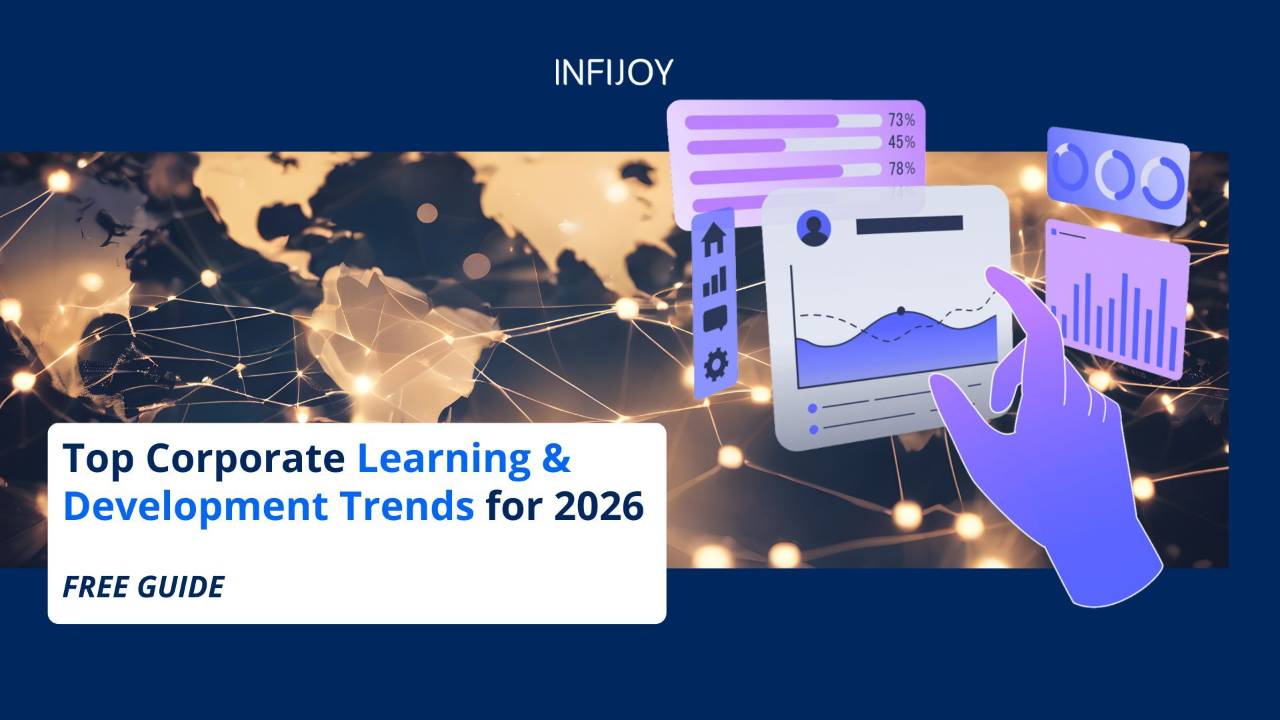Emotional Regulation: The Bridge Between Survival & Well-Being
Jun 02, 2025
Have you ever found yourself reacting to something—an email, a social media post, or a tense conversation—with far more emotion than seems reasonable? You’re not alone. In fact, your reaction might be perfectly natural… just not perfectly helpful.
Understanding emotional regulation—and why it’s so hard—is one of the keys to living a more grounded, thoughtful, and fulfilling life. To do that, we need to explore how our ancient brains are colliding with modern life—and what we can do to bridge the gap.
Our Brains Were Built for Survival, Not Well-Being
Our minds evolved not for joy or self-actualization, but for survival. Thousands of generations ago, the humans who survived were the ones who paid attention to threats, feared the unknown, and envied what others had that might help them survive.
Imagine two ancestors: one cautious and paranoid, assuming every rustle in the grass was a predator; the other more optimistic, assuming it was just the wind. The cautious one lived longer. Over time, we inherited their wiring. This is known as the negativity bias—a tendency to scan for what’s wrong or dangerous, even when we’re safe.
In today’s world, very few things pose a real threat to our survival. Losing a job might be stressful, but we’re unlikely to be left to die in the wilderness because of it. Still, our brains react with the same primal intensity. That’s where emotional regulation comes in.
Envy: A Useful Emotion Turned Toxic
Let’s take envy as an example. In tribal times, envy may have pushed our ancestors to acquire new tools or defend their territory. If the neighboring tribe had invented arrows, you needed to feel envy to want those too—or risk falling behind and becoming vulnerable.
But now, that same emotion plays out very differently. On social media, we see curated snapshots of other people’s lives—exotic holidays, fancy cars, glowing relationships—and we feel envy, even if those posts are more illusion than truth. That primitive, survival-driven envy becomes corrosive, making us feel inadequate and anxious.
Emotional Regulation: The Gateway to Mindfulness
So, how do we deal with these strong emotions that no longer serve us?
Step one is not to control them—but to acknowledge them.
Many people assume emotional regulation means suppressing or controlling emotions. But the more you ignore or push down how you feel, the more intense those feelings can become. Repressed emotions don’t disappear—they build up and often come out sideways, in the wrong place or with the wrong person.
Instead, the more effective (and compassionate) path is to witness and name what you’re feeling. Just that little moment of acknowledgment can reduce the emotion’s intensity. It creates space between the feeling and the reaction—and in that space, we can choose a more mindful response.
Why It’s So Hard—Especially Today
Regulating emotions isn’t easy, and our culture doesn’t help. In fast-paced environments—especially in Western, productivity-driven settings—we value quick answers and instant reactions. The person who speaks first often seems the smartest. But true emotional intelligence comes from the ability to pause.
Taking a moment to reflect before responding is a sign of strength, not weakness. And when leaders model this, they give others permission to do the same.
Try saying something simple like: “I need 30 seconds to give you a more mindful response.”
This not only calms you down—it models emotionally intelligent behavior for your team or peers.
Emotions Are Not the Enemy
It’s also important to remember: emotions are not bad. They’re messengers. They tell you what you care about, what matters, what feels aligned—or not aligned—with your values.
The goal of emotional regulation is not to eliminate emotion, but to tune into it, use it wisely, and avoid letting it hijack your decisions.
As one teacher put it: “Tame your mind before you unleash it.”
That’s the foundation of all mind training—whether rooted in ancient philosophy or modern psychology.
In a world that rewards speed, emotional regulation invites us to slow down. To listen more closely. To respond, rather than react. And in doing so, we don’t just survive—we thrive.
Join Sriven Naidu’s Mindfulness for High-Performance short course to learn more.


